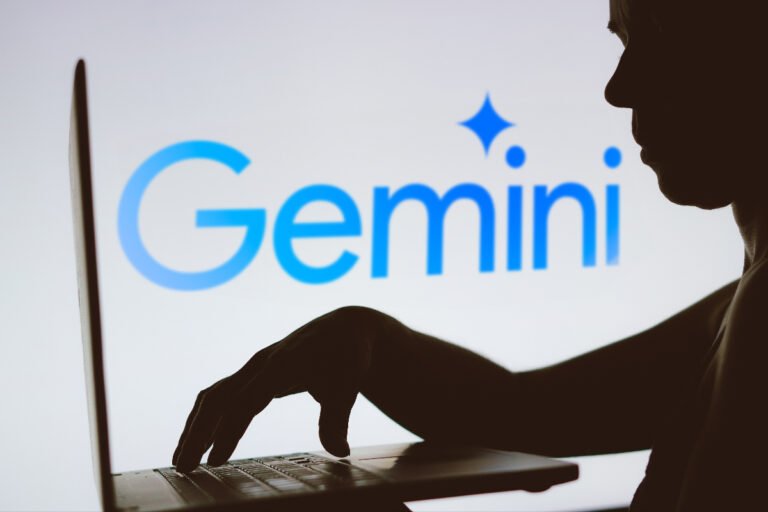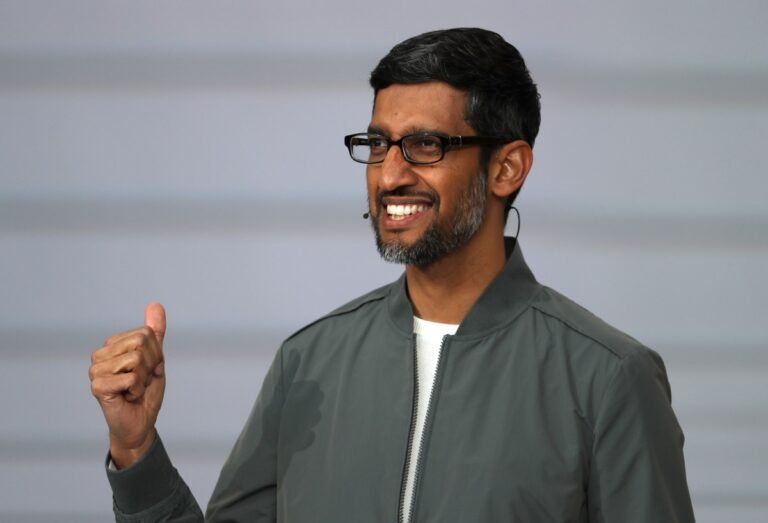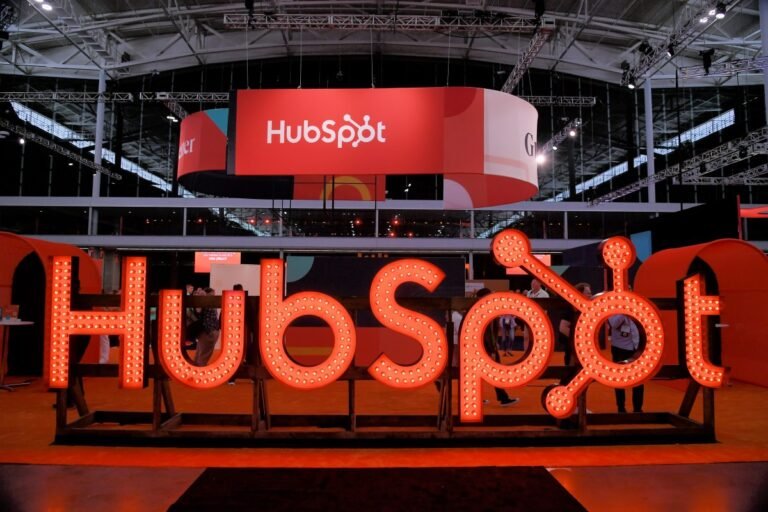
Google Cloud on Tuesday joined AWS and Azure in announcing its first custom-built Arm processor, dubbed Axion.
Based on Arm’s Neoverse 2 designs, Google says its Axion instances offer 30% better performance than other Arm-based instances from competitors like AWS and Microsoft and up to 50% better performance and 60% better energy efficiency than comparable X86-based instances.
To be fair, though, Microsoft only announced its Cobalt Arm chips late last year, too, and those chips aren’t yet available to customers, either.
In a press briefing ahead of Tuesday’s announcement, Google stressed that since Axion is built on an open foundation, Google Cloud customers will be able to bring their existing Arm workloads to Google Cloud without any modifications.
“Through this collaboration, we’re accessing a broad ecosystem of cloud customers who have already deployed ARM-based workloads across hundreds of ISVs and open-source projects.”More later this year.

Google is launching its upgraded Find My Device network in the U.S. and Canada, the company announced on Monday.
Find My Device’s crowdsourced network of over a billion Android devices can help users find their misplaced Android devices and everyday items.
The Find My Device Network, which is similar to Apple’s Find My network, works with devices running Android 9+.
The new Find My Device network also integrates with Nest smart home gadgets and shows a lost device’s proximity to home Nest devices.
“Multi-layered protections built into the Find My Device network help keep you safe and your personal information private, while keeping you in control of the devices connected to the Find My Device network.

Google continues rolling out Gemini to different products as today the company announced that Android Studio’s bot is getting upgraded with Gemini Pro.
In May 2023, during the Google IO developer event, the company first introduced Studio Bot powered by the PaLM-2 foundation model.
The company is rolling out Gemini in Android Studio in over 180 countries for the Android Studio Jellyfish version.
Just like the Studio Bot, the new Gemini bot lives in the IDE (Integrated Development Environment) and developers can ask coding-related questions.
The company said users can easily access the Gemini API starter template through Android Studio to add generative AI-powered features to their apps.

At one point, Levin asked what Pichai tried to do to keep a company of 200,000 people innovative against all the startups battling to disrupt its business.
So I think, I think how do you as a company move fast?
“We recently said, we went back to a notion we had in early Google of Google Labs.
How do you allow people to prototype more easily internally and get it out to people?”Later, Levin asked what advances Pichai was most excited about this year.
Levin and Pichai start around 1 hour and 18 minutes in.

If such a deal were to happen, the cost would likely be pretty substantial, involving some significant premium over the current value.
While Google/Alphabet has been extremely acquisitive over the years, the largest deal that it’s ever made was spending $12.5 billion for Motorola Mobility in 2011.
More recently the largest deal involved spending $5.4 billion for security intelligence platform Mandiant in 2022.
Google usually stays under $3 billion, so a deal of this scope would be very much out of character for the company.
Another issue the company could face in trying to buy HubSpot is a hostile regulatory environment for large deals.

Take, for example, the company’s latest foray into mobile artificial intelligence, the AI Eraser.
Nope, OnePlus went ahead and built its own version in a bid to show the world that it has AI ambitions of its own.
From the sound of its press material, the company went and built this thing ground-up, starting with its own first-party large language models.
“AI Eraser is the result of a substantial R&D investment from OnePlus,” the company notes in its press material.
AI is rolling out to OnePlus devices this month, starting with OnePlus 12, OnePlus 12R, OnePlus 11, OnePlus Open and OnePlus Nord CE 4.

With the aim of identifying criminal suspects, U.S. police departments are increasingly relying on a controversial surveillance practice to demand large amounts of users’ data from tech companies.
So-called “reverse” searches allow law enforcement and federal agencies to force big tech companies, like Google, to turn over information from their vast stores of user data.
Reverse searches effectively cast a digital dragnet over a tech company’s store of user data to catch the information that police are looking for.
Microsoft, Snap, Uber and Yahoo (which owns TechCrunch) have all received reverse orders for user data.
Some companies choose not to store user data and others scramble the data so it can’t be accessed by anyone other than the user.

The Linux Foundation last week announced that it will host Valkey, a fork of the Redis in-memory data store.
Valkey is backed by AWS, Google Cloud, Oracle, Ericsson and Snap.
AWS and Google Cloud rarely back an open-source fork together.
At the time, Redis said that despite this change for the modules, “the license for open-source Redis was never changed.
This fork originated at AWS, where longtime Redis maintainer Madelyn Olson initially started the project in her own GitHub account.

And Manish wrote about the resignation of Stability AI founder and CEO Emad Mostaque late last week.
AI-powered itineraries: In an upgrade to its Search Generative Experience, Google has added the ability for users to ask Google Search to plan a travel itinerary.
Using AI, Search will draw on ideas from websites around the web along with reviews, photos and other details.
Robinhood’s new card: Nine months after acquiring credit card startup X1 for $95 million, Robinhood on Wednesday announced the launch of its new Gold Card, powered by X1’s technology, with a list of features that could make Apple Card users envious.
Bonus roundSpotify tests online learning: In its ongoing efforts to get its 600 million+ users to spend more time and money on its platform, Spotify is spinning up a new line of content: e-learning.

Google is shutting down its Podcasts app in the U.S. in a matter of days.
In 2020, YouTube Music offered a similar transition strategy to move music listeners away from Google Play Music ahead of its shutdown that same year.
However, the Google Podcasts app continued to be maintained for years because YouTube Music wasn’t ready to support podcasts until more recently.
By the end of 2023, YouTube Music was able to support podcasts globally, and, by February, they had the ability to upload their RSS feeds, too.
From its earlier statements, though, the plan is to discontinue Google Podcasts in 2024.













